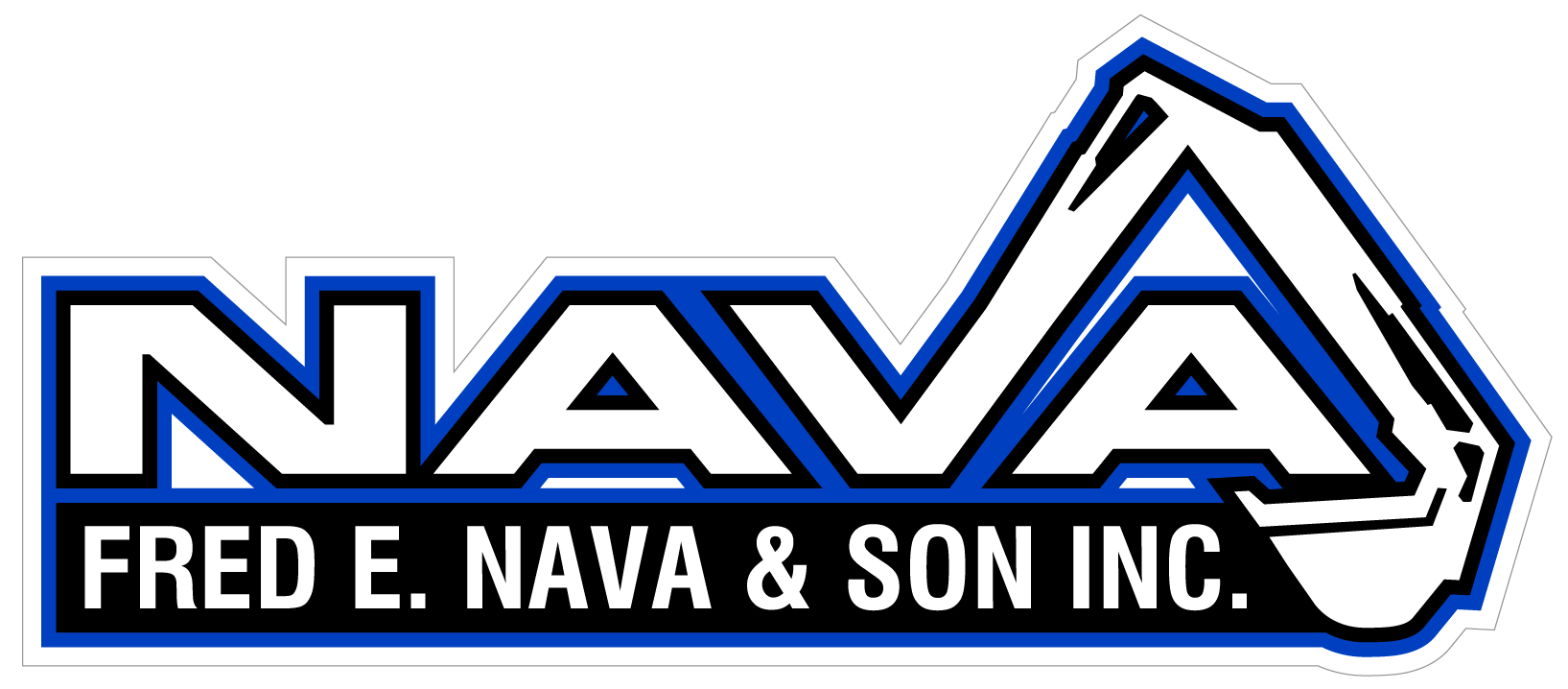Septic Sytems:
Frequently Asked Questions
Septic FAQ
How Many Years of Experience Do You Have?
With more than 40 years of experience over two generations, Fred Nava & Son will be able to confidently solve any septic issues.
Are you Licensed, Bonded and/or Insured?
We Are State Licensed, Bonded, and Fully Insured.
What is Your Service Area?
We provide septic services in the following MA towns: Abington, Carver, Duxbury, East Bridgewater, Halifax, Hanover, Hanson, Kingston, Marshfield, Norwell, Pembroke, Plymouth, & Plympton.
What Types of Payments Do You Accept?
We accept Visa, MasterCard, cash, and checks.
What is a Septic System?
A septic system is an onsite, sub-surface, wastewater treatment system that processes and filters all household wastewater (effluent) produced from toilets, sinks, laundry and showers. Typically, there are three sections; a treatment tank, a distribution system and an absorption area. In general, all wastewater is mixed together as it leaves the home. Sometimes, however, the household wastewater is divided into two types, Blackwater (toilet water) and Graywater (soapy water), and it may discharge into separate disposal systems.
How Does a Septic System Work?
A septic tank is where primary treatment occurs (settlement and separation of sewage). All wastewater leaves the home and enters the septic tank through the inlet baffle. Sewage solids settle to the bottom of the tank and dirty water (effluent) leaves through the outlet baffle and moves out to the distribution box (D-box), when present. The D-box distributes the effluent to all laterals in the absorption field, where it passes through layers of gravel and select fill (sand), to be filtered before draining back down into the groundwater.
Small particulates (resulting from the breakdown of sewage) continually flow out of the tank as part of the septic effluent and can form deposits of sludge in various components. This can lead to blockage and premature failure. Installing an effluent filter in the outlet baffle of the septic tank will keep sewage materials in the tank, extending the life of the system. Filters must be routinely serviced / cleaned to properly protect the liquid disposal components.
Is It a Septic Problem if My Drains are Starting to Drain Slowly?
It can be but it isn’t always. It can be a quick fix for a plumber if it’s a clogged pipe or drains. But, if the problems persist and if you haven’t performed maintenance on your septic system in over 6 months, it may be time to call us (781) 585-9006) or any other reputable Septic Services provider for an inspection.
Why Does My Septic System Have More Than One Cover?
This is normal. Most tanks will have from 1 to 3 covers. These covers are for:
- One for the inlet, which connects your house pipes to the septic tank.
- One from the septic tank. It should be located right in the center of the tank.
- One for the outlet, where the wastewater from the septic tank enters the drain field.
All of these should be inspected at the time of a routine maintenance inspection.
What Does a Septic Filter Do?
A septic filter (aka effluent filter) is installed on the side of your septic tank that drains into the drain field. It prevents solid waste from leaving with the wastewater into the ground. Effluent filters help prevent sewage contamination in the surrounding property and water source.
Can We Plant Trees or Shrubs Above Our Septic System?
Simply put, NO. Trees or shrubs with strong roots can damage your underground septic system faster than you’d imagine. Plan your landscaping and any hardscaping to avoid your septic system.
Should We Use Commercial Septic Tank "Additives"?
Simply put, NO. There are trillions of bacteria already present in your septic system that provide all the digestion & decomposition of waste solids that’s needed. Furthermore, chemical additives can cause waste to pre-maturely decompose and break in to tiny particles that opposed to naturally settling at the bottom of your tank actually pass into your leach field, potentially clogging it over time.
What are some ways to keep our septic system running smoothly?
The most important way to take care of your septic system is to pump it regularly. Pump your system at least every 2-3 years (yearly if you have a garbage disposal). Conserve water - extra water just adds excess strain to the overall system. Don’t dump non-biodegradable items (chemicals, cooking grease, drain cleaners) or trash (hair, dental floss, “flushable” baby wipes) down your toilet or sink.
If you think anything might be wrong with your septic system, then simply give us a call us today at (781) 585-9006. An ounce of prevention is worth more than a pound of cure!
Where can I learn even more about septic systems?
The U.S. Environmental Protection Agency has a well maintained web page of septic system resources and information. Please visit them at:
Schedule Service
Contact Us
Thank you for contacting us!
We will get back to you as soon as possible.
Oops, there was an error sending your message.
Please try again later - or call us at (781)-585-9006.
Have Questions About Your Septic System?
Contact us today - we're always happy to help answer any questions you might have!
Have a Septic Emergency?
We're available 24-hours a day, 7 days a week.
All Rights Reserved | Fred Nava & Son Inc.


